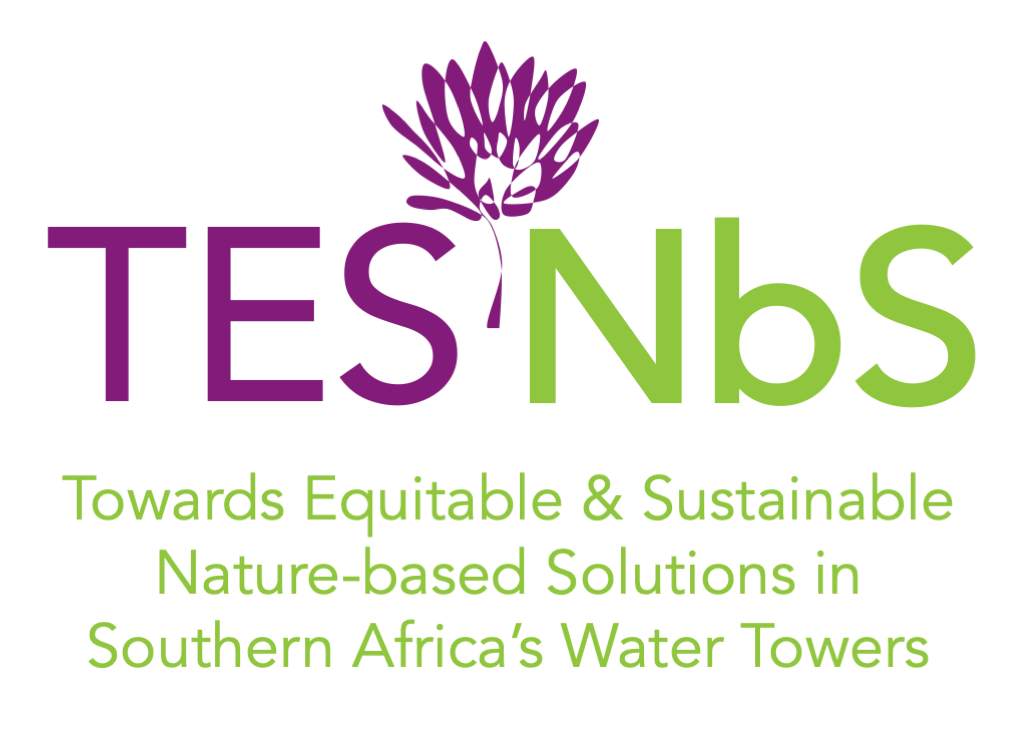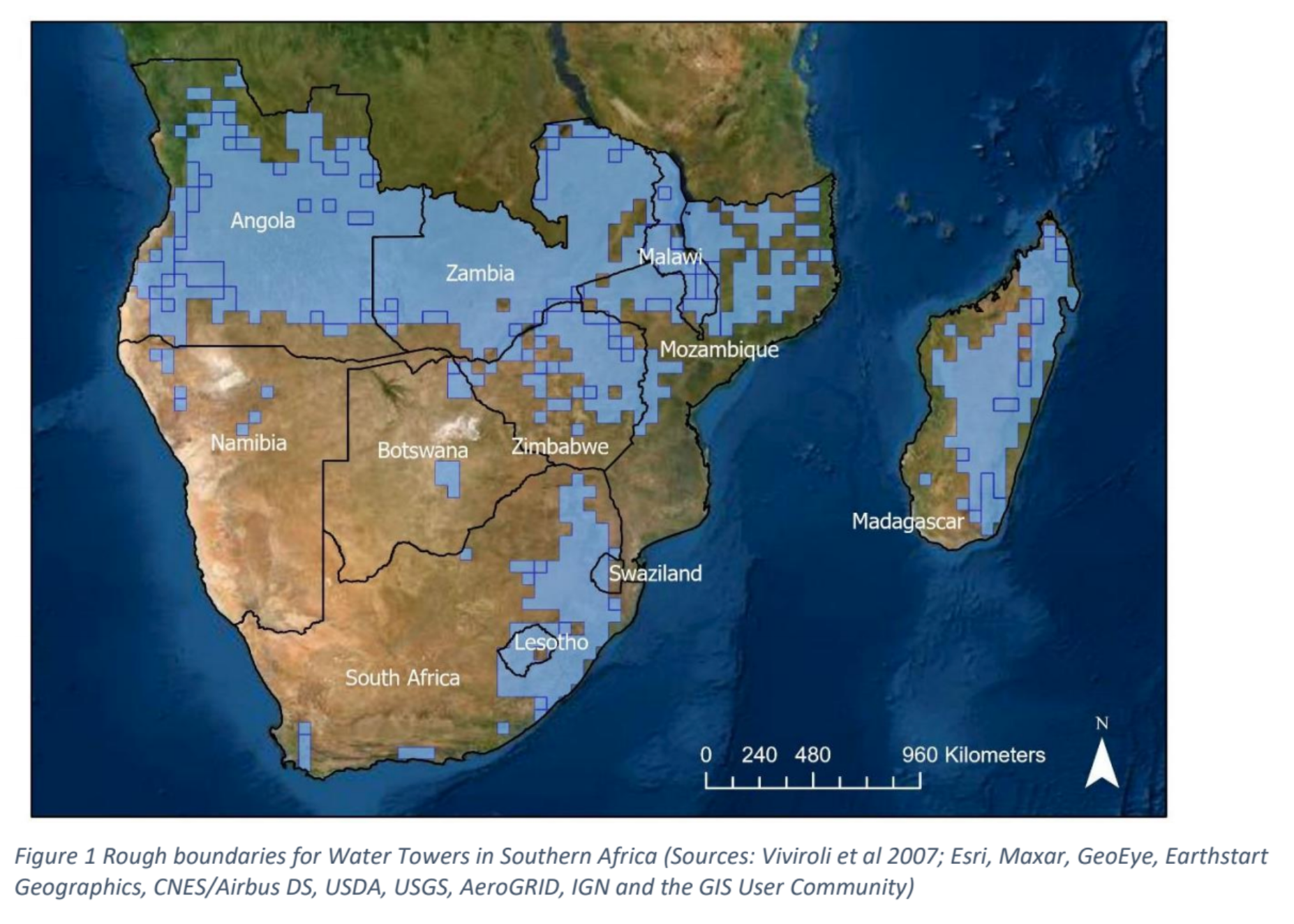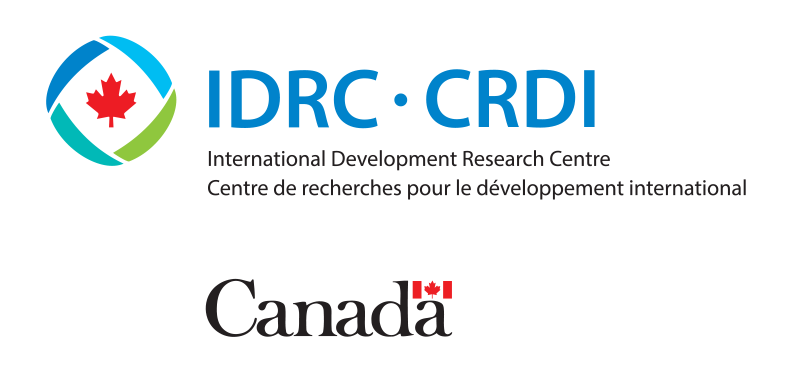Project period: March 2021 to March 2024
Quick links
Click here to view the dedicated TES NbS website
Click here to receive research results and products from the TES NbS project
Outputs
Click here to view our Nature-based Solutions and Equity Framework
Click here to read our first workshop summary
Click here to watch the introductory video to the TES NbS project
Click here to view the TES NbS Theory of Change
Background

Nature-based Solutions (NbS) involve working with nature to promote human well-being and ecosystem benefits, and can support climate mitigation and adaptation actions and reduce climate risk. However, the widespread popularisation of NbS through various northern-driven, high-level campaigns has raised concern amongst scholars in the Global South regarding the appropriateness of some of these solutions in local contexts. This is especially applicable in Africa where many peoples’ livelihoods are heavily dependent on their landscapes and the multiple ecosystem services derived from these landscapes. Furthermore, the impacts of climate change on many of these critical ecosystem services are not yet fully understood. NbS tend to be much more complex and contested in practice than is generally implied in the dominant narratives. The outcomes of these solutions are often mixed and dependent on the institutions, politics, and particularities of place. Little work has been undertaken on the longevity of NbS under a constantly changing climate. The TES NbS project explores the role of NbS in reducing risk and vulnerability to climate change in developing regions, focusing on Southern African Water Towers, which are mountainous areas (including high-lying hills and plateaus) important for water supply to lowland areas (e.g. Viviroli et al. 2007, 2020 and Nel et al. 2017).
Research question
Thus far, synthesis research has concentrated on the Global North despite numerous NbS interventions and multilateral projects in the Global South. There has been a dominant focus on global benefits of carbon sequestration. There is limited consideration of water-carbon trade-offs, differential benefits and disbenefits, and resilience of NbS and associated outcomes to a changing climate. The TES NbS project therefore aims to answer the overarching question: Will the NbS that have been proposed, planned, and/or implemented in Southern African Water Towers be equitable in terms of the distribution of global versus local benefits; and will the intended benefits be sustained under future climate conditions?
Research aims and objectives
The Towards Equitable and Sustainable Nature-based Solutions (TES NbS) project aims to support decision making, planning and implementation processes to ensure that nature-based solutions (NbS) at local and national levels are more equitable and sustainable through greater awareness of the opportunities, constraints and limits to NbS.
To achieve this, we have the following four objectives focused on Southern Africa's Water Towers:
-
Determine what needs to be considered when identifying, planning and implementing NbS to maximise equitable social benefits to upstream and downstream vulnerable communities and social groups.
-
Identify the social-ecological limits and constraints of NbS, including the unintended impacts, especially for vulnerable, natural resource dependent groups, that could result from NbS under current and future climate conditions.
-
Build an understanding of the distribution of global versus local NbS benefits, particularly in terms of the trade-offs between water and carbon related ecosystem services.
-
Inform long term decision making by assessing whether intended NbS benefits can be sustained under future climate conditions.
Project geography
The TES NbS project is focused around the Water Towers that supply rivers in 11 Southern African countries, namely; Angola, Botswana, Eswatini, Lesotho, Madagascar, Malawi, Mozambique, Namibia, South Africa, Zambia, and Zimbabwe.

Key activities
-
Systematic review of Southern African literature on NbS of relevance to Water Towers
-
Online survey with key actors on perceptions on NbS and social equity
-
Review of equity aspects in the design and planning of existing Multi-lateral funded NbS projects
-
Two workshops and other focused engagements
-
Modelling water supply and carbon sequestration trade-offs and synergies in the region, considering climate change (global warming levels of 2 and 4 degrees Celsius)
-
Modelling the persistence of vegetation and species underpinning NbS, considering climate change (global warming levels of 2 and 4 degrees Celsius)
-
Mapping constraints to achieving social equity in NbS at a subnational level in Southern Africa
-
In-depth investigations of constraints and recommendations for achieving social equity in NbS
-
Generating a set of integrated water-carbon-persistence-constraints to social equity maps and accompanied narratives to achieve our overall project objective
-
Generate a set of synthesis and communications products (knowledge products)
Project team
PI: Dr Petra Holden
Co-PI: Prof Sheona Shackleton
Project team members: Dr Vernon Visser, Dr Assumpta Nnakenyi, Dr Glynis Humphrey, Dr Piotr Wolski, Ms Cherie Dirk, Dr Chris Trisos, Prof Mark New, Prof Gina Ziervogel, Prof Martin Wittenberg, Prof Cang Hui (Stellenbosch University), Prof Simon Dadson (Oxford University), Dr Toby Marthews (UK CEH), Dr Tali Hoffman (Communications) and Dr Michelle Blanckenberg (ACDI, Communications).
Masters students: Ms Phumudzo Ragimana and Ms Andrea Campbell
Project partners
A collaborative partnership between:
- African Climate and Development Initiative (ACDI), University of Cape Town
- Climate Risk Lab, University of Cape Town
- Climate System Analysis Group (CSAG), University of Cape Town
- Mathematical Biosciences Hub, Stellenbosch University
- School of Geography and the Environment (SoGE), Oxford University
- Statistics in Ecology, Environment and Conservation (SEEC), University of Cape Town
- UK Centre for Ecology and Hydrology
Funded by
